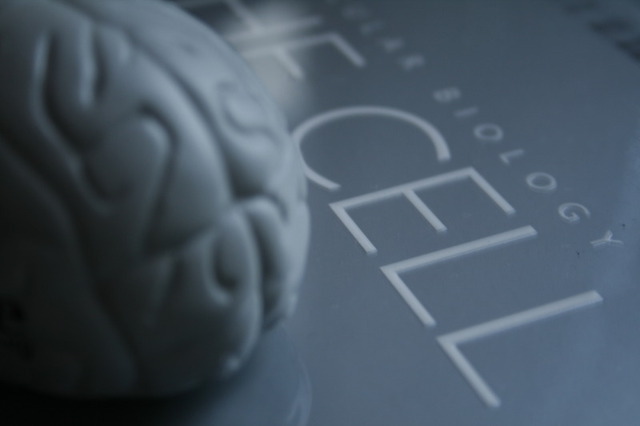
Study: why bother to remember when you can just use Google? : Instant access to information via the Internet may be negatively impacting our memory by causing us to forget things we can look up, even though we can remember where to find the information.
Alpha males get the ladies, extra helping of stress : Alpha males enjoy several advantages over lower-ranking animals, but new research shows that they are just as stressed as those at the bottom of the heirarchy.
Why New Jersey is #2 in solar power (and why this isn't good): New Jersey has more solar power installed than Nevada and Colorado—combined. We look at how the garden state came to lead in renewable power, and why that should be viewed as a national failure.
Faster and stronger: next-generation memory tech outperforms flash: Researchers present a new nonvolatile memory device using tantalum oxides that provides better speed, power consumption, and endurance than current technologies.
Did the CIA fake a vaccination campaign?: The CIA stands accused of carrying out a sham vaccination campaign as part of its hunt for Osama bin Laden.
Turning radio waves into power (with circuits printed on paper): A team of researchers has developed a device that can harvest a large section of the electromagnetic spectrum and turn it into power for other connected systems.
Peak child and the graying population of the developing world: It's not just the industrialized world that's seeing a graying population. We may have reached "peak child," leaving the developing world with the challenge of handling a population with the industrialized world's chronic illnesses.
Origin of life: enzyme-free copying of RNA: Chemists show that before the advent of life, short stretches of RNA could have replicated without the assistance of any enzymes.
Plate tectonics affected by mantle hot spots: Mantle plumes have long been thought to affect the motion of tectonic plates, but teasing out evidence for the idea has been difficult. A paper published in Nature may finally provide a solid example.
A quantum bomb detector used to detect rubidium: Researchers bring the funnest thought experiment to life by building a quantum bomb detector. Except it detects rubidium (probably because they couldn't afford the high explosives).
Listing image by Photograph by Jean-Etienne Minh-Duy Poirrier
reader comments
0